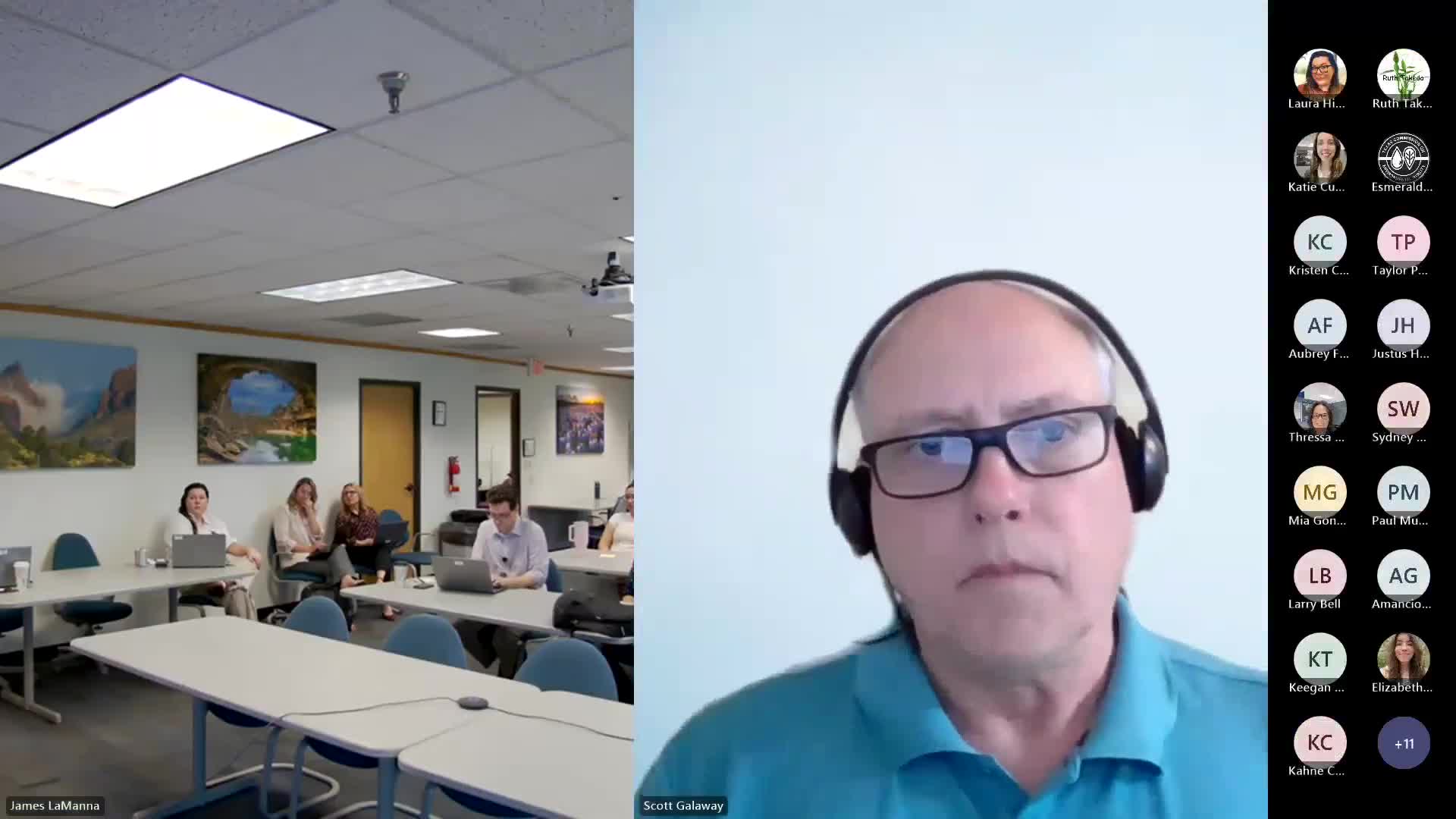Article not found
This article is no longer available. But don't worry—we've gathered other articles that discuss the same topic.
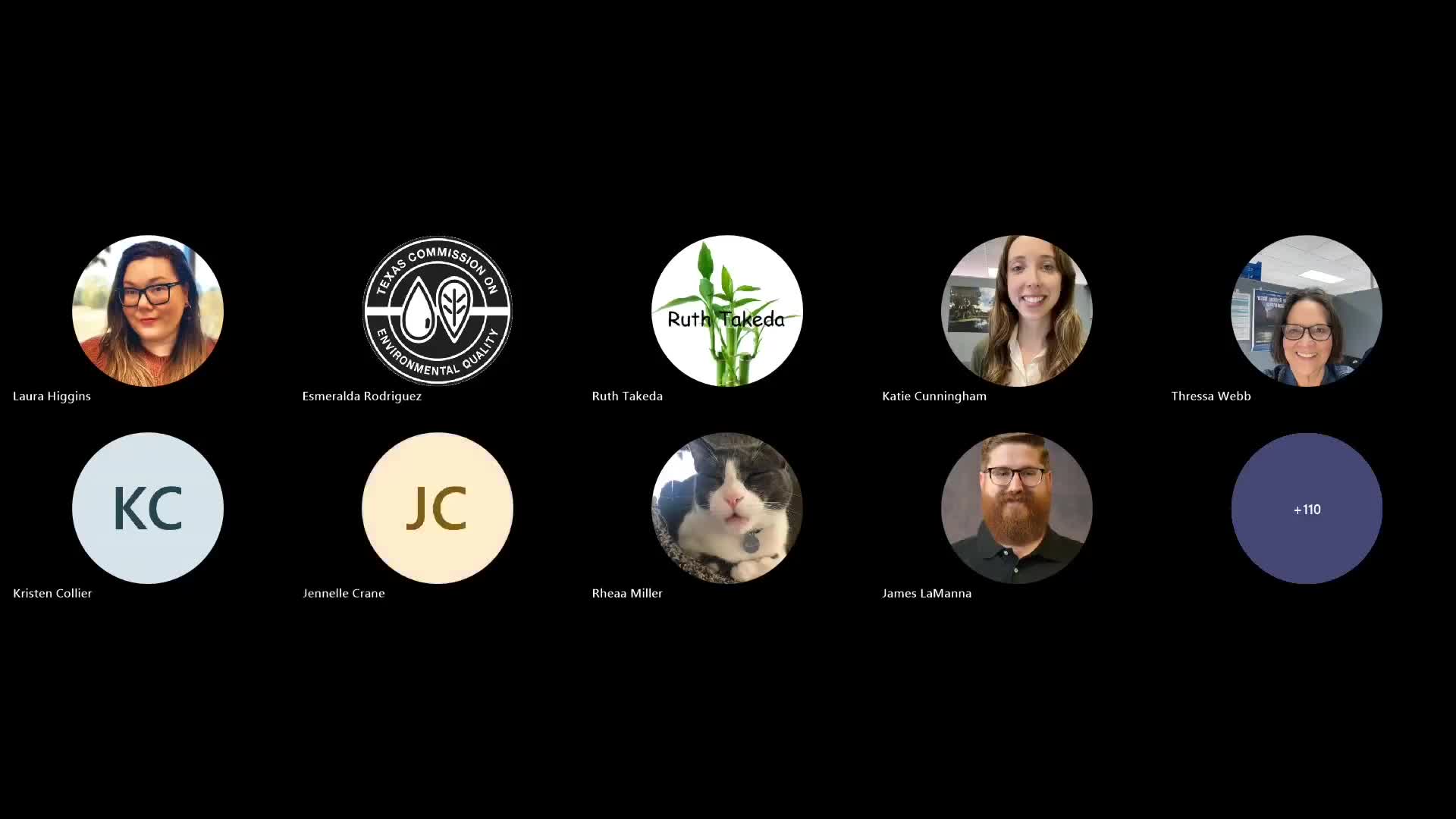
Texas Water Infrastructure Coordination Committee offers matchmaking, technical assistance for struggling small systems
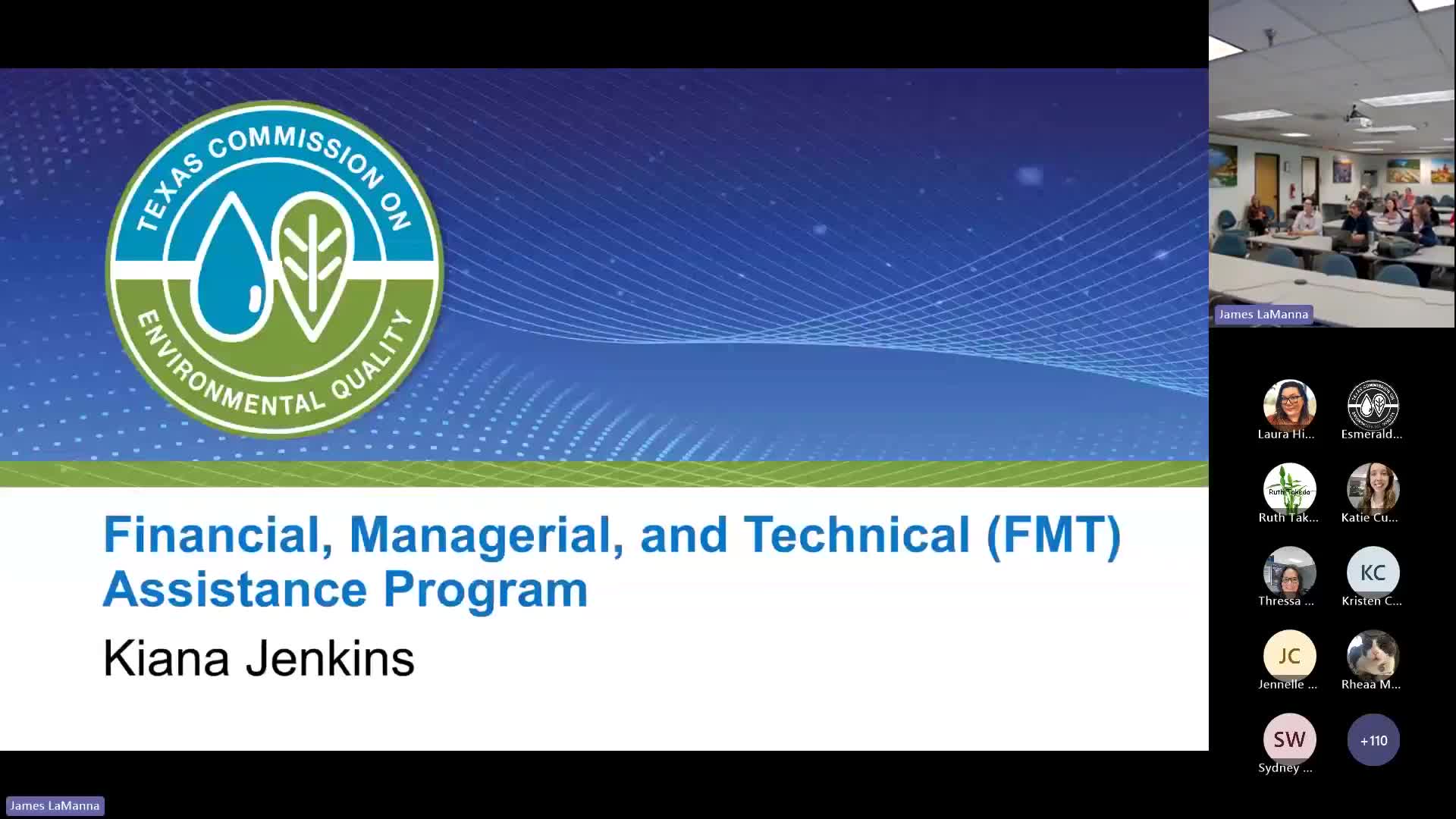
TCEQ FMT program offers free capacity assessments, operator training and consolidation support for small systems
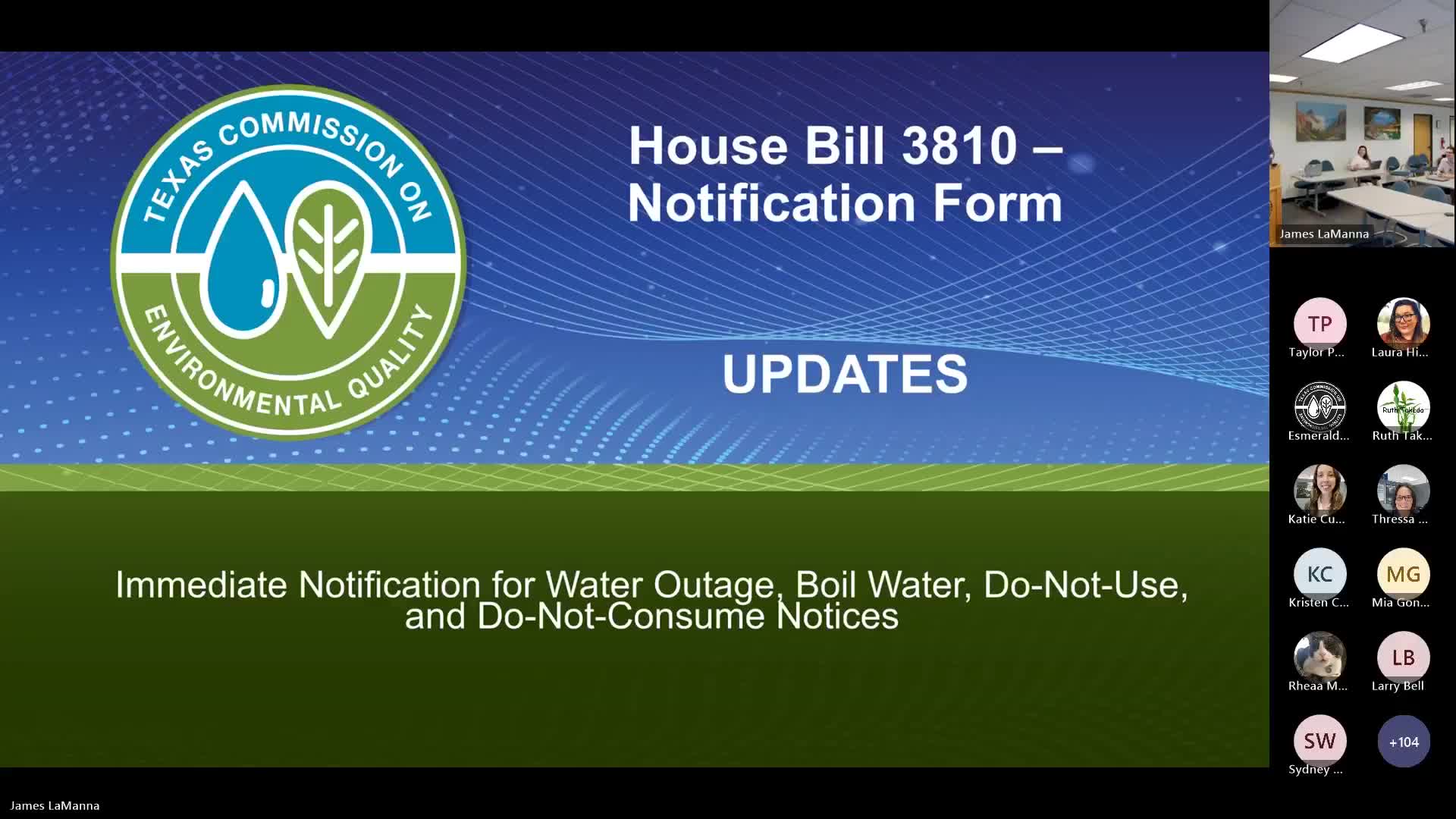
TCEQ adds detail, impact-area questions and CCs to immediate notification confirmation email
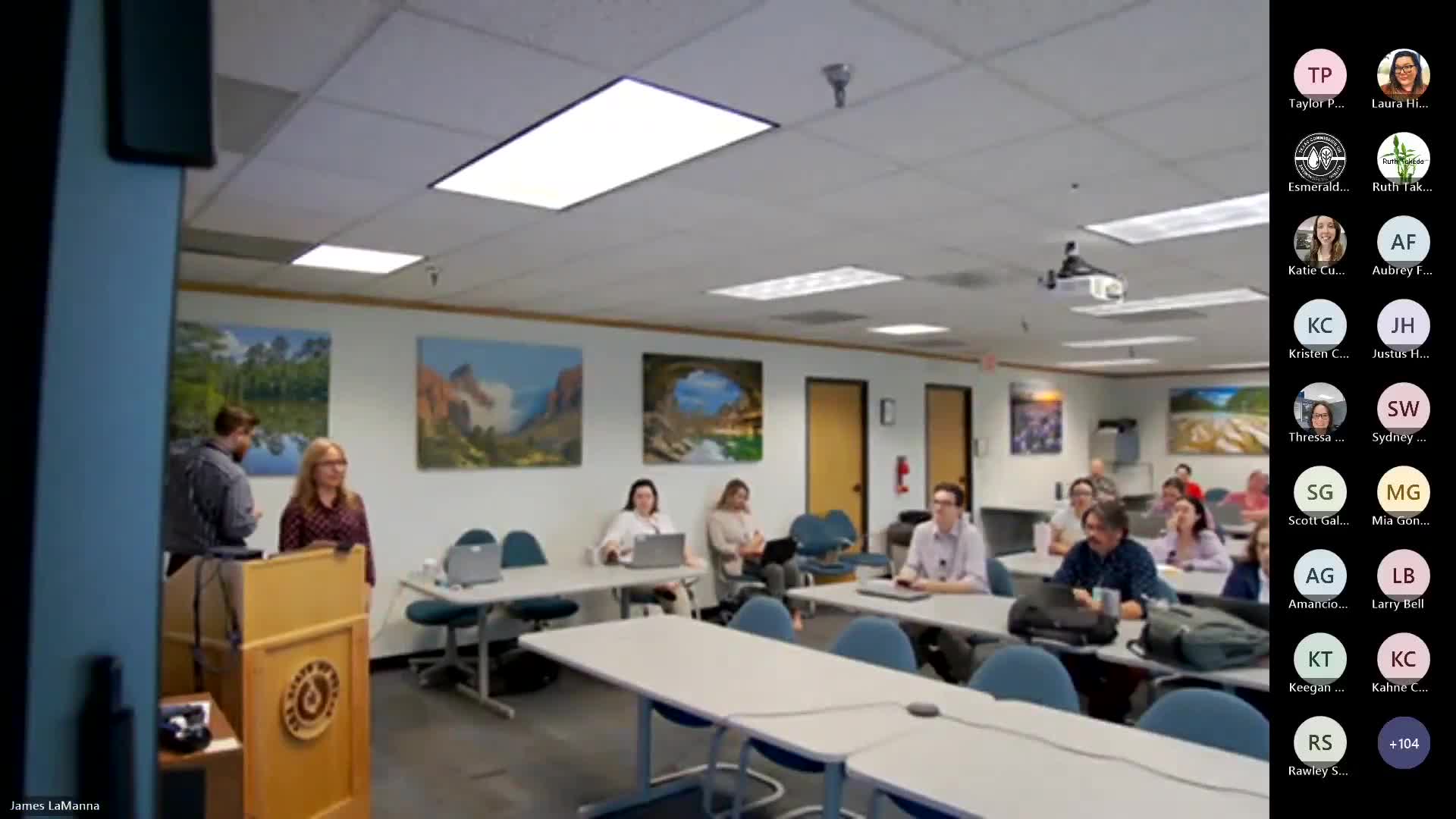
TCEQ emergency preparedness unit urges utilities to include cybersecurity incident reporting in incident-response plans
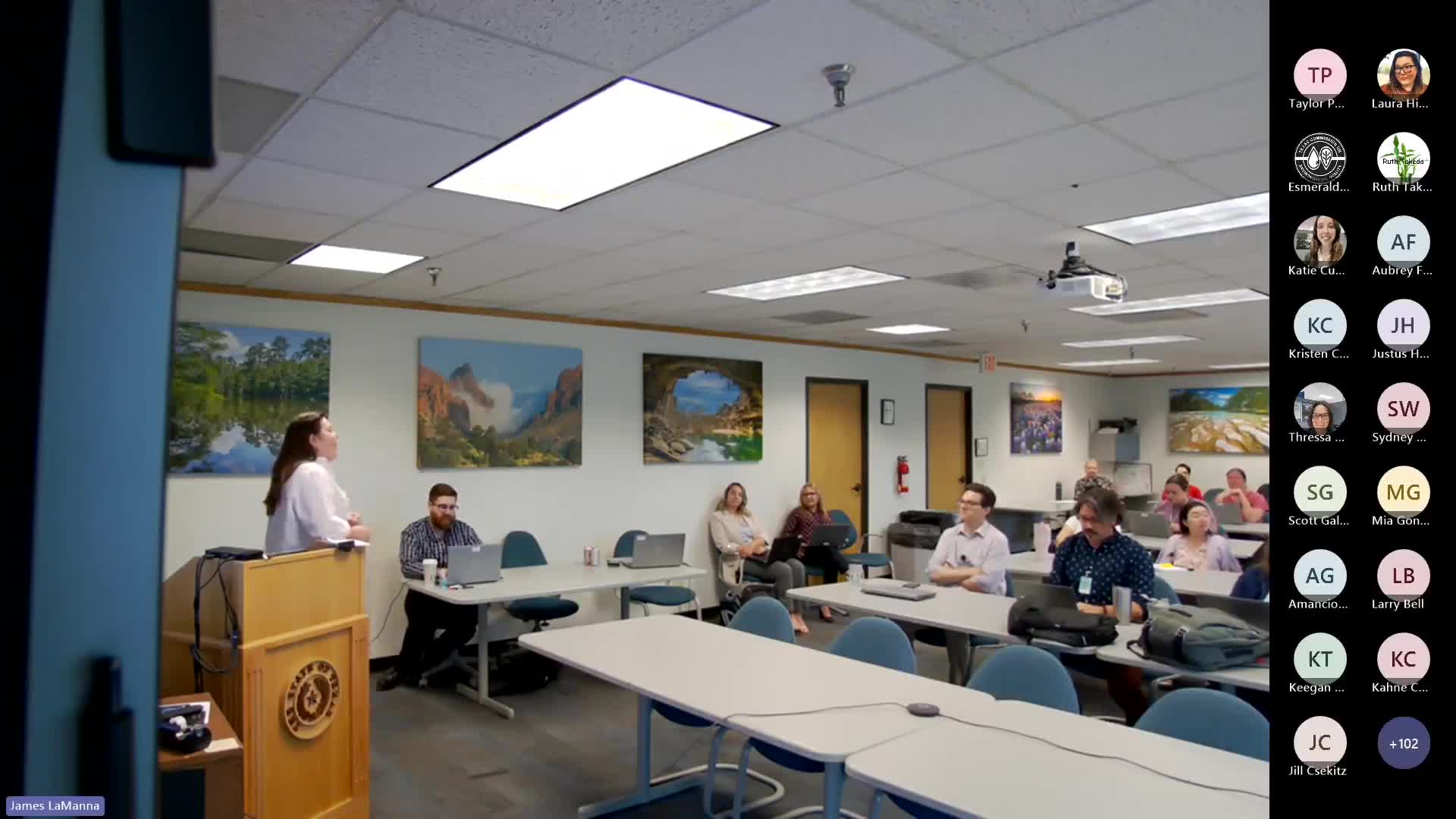
TCEQ: labs to migrate to CMDP; agency rolling out new drinking-water viewer and PFAS initial monitoring letters
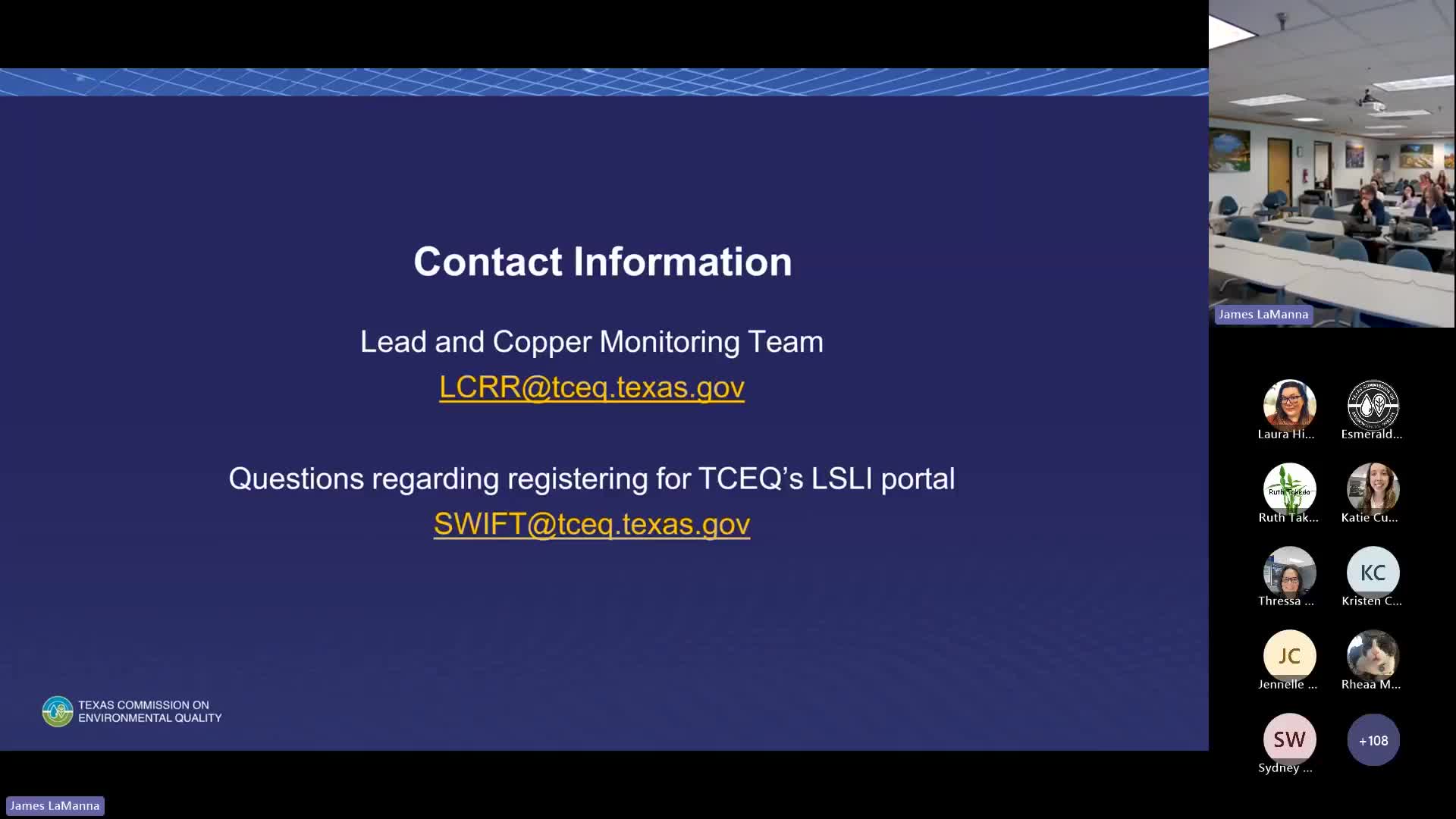
TCEQ to accept alternative investigation methods for lead service line baseline inventory; portal to accept baseline uploads Nov. 1, 2025
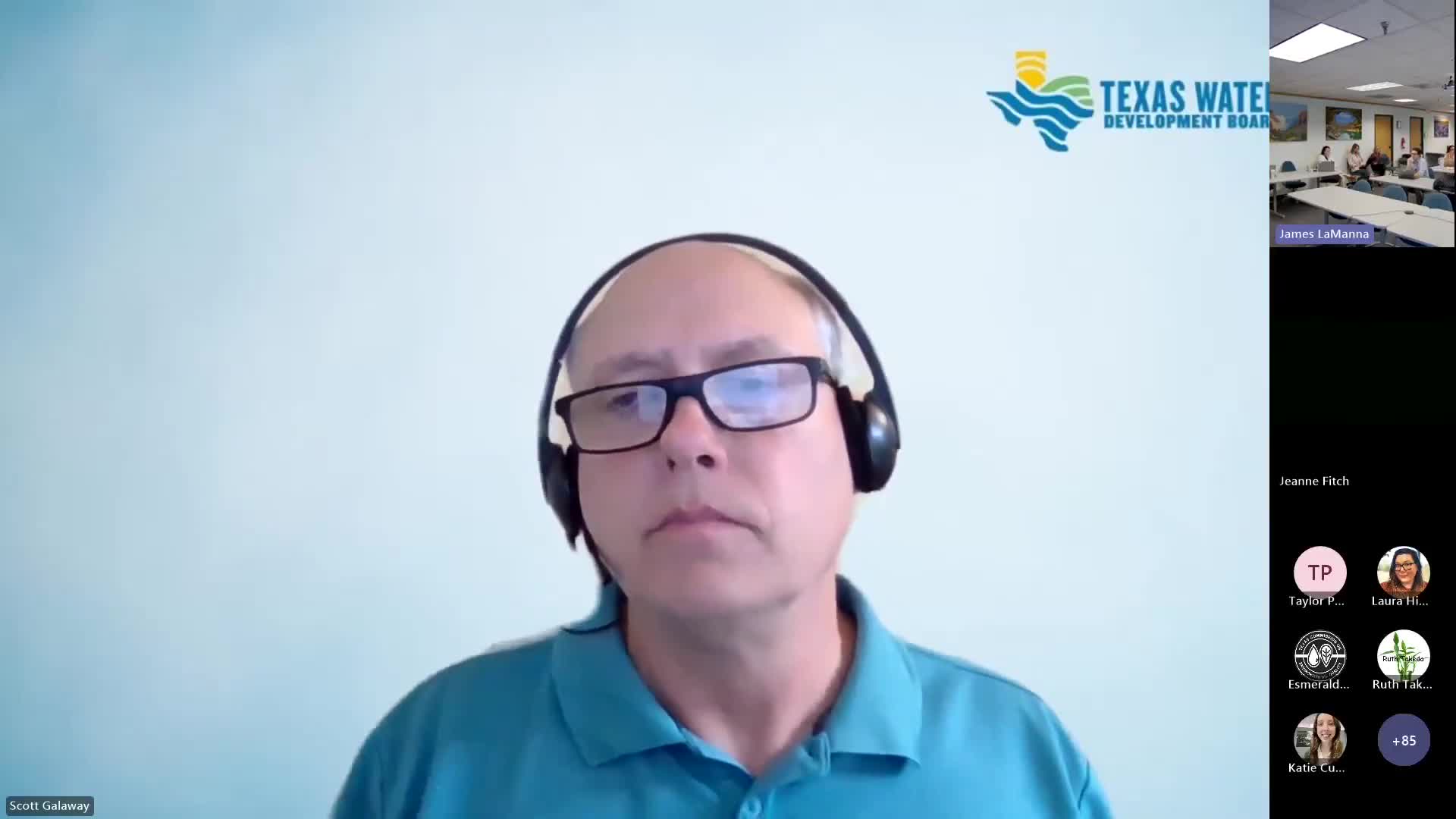
Occupational licensing: TCEQ adds resiliency requirement, provisional Class D pathway and clarifies deficiency process
